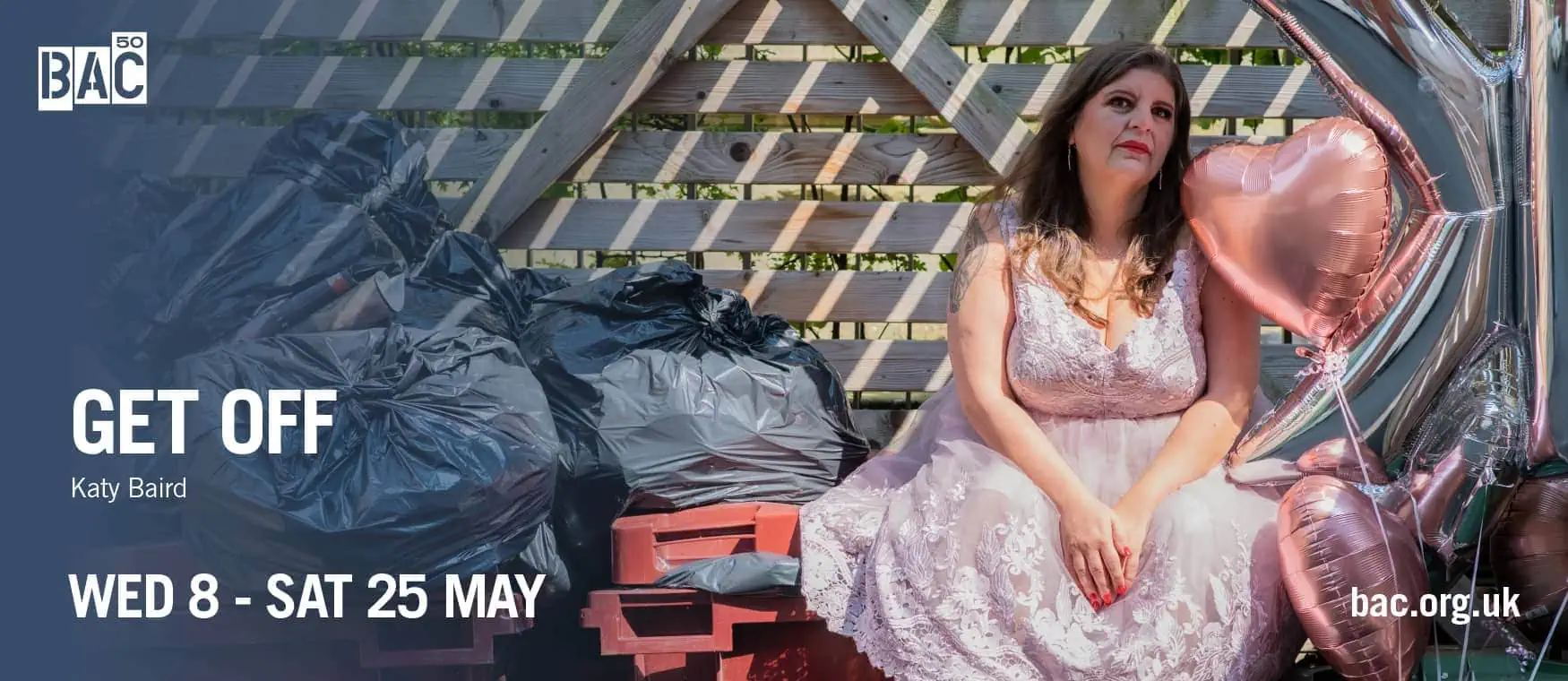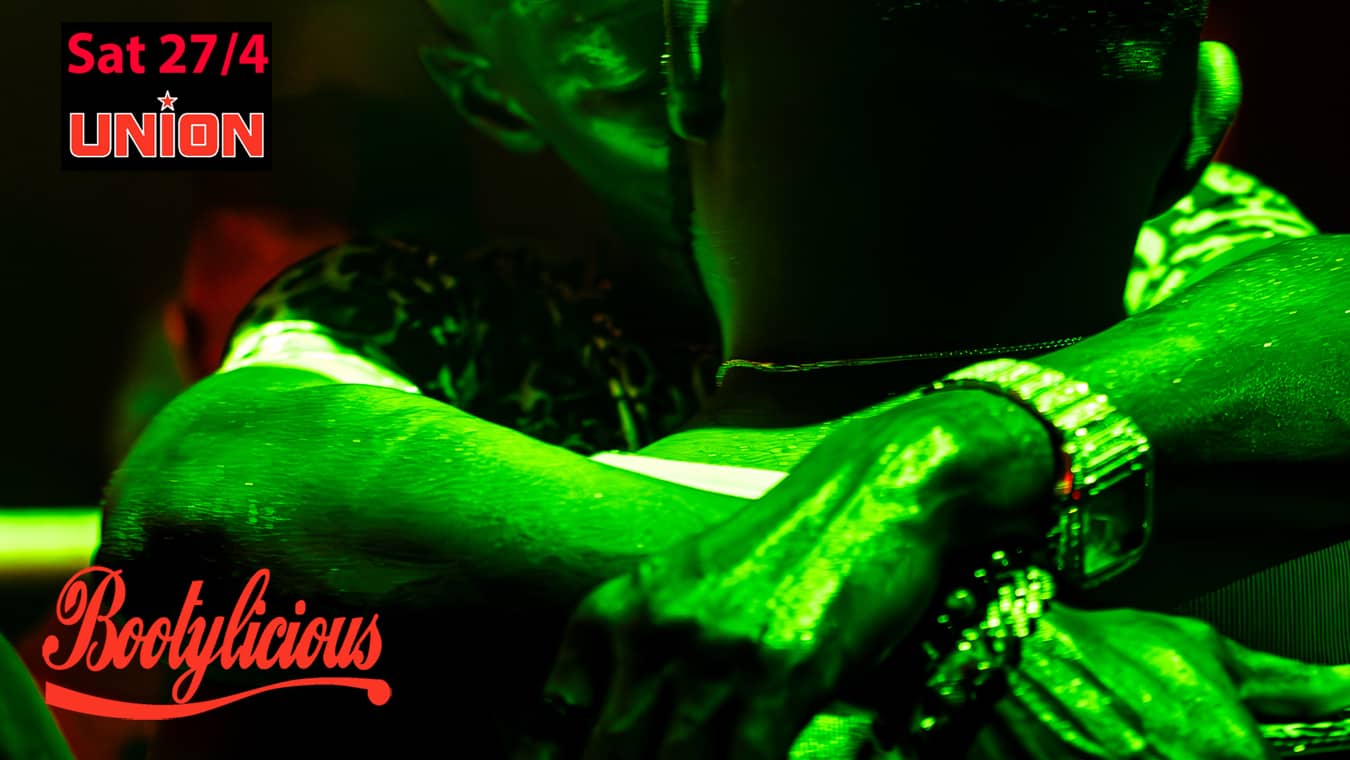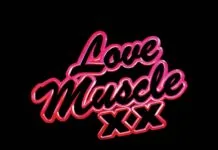London’s Night Czar, one year on
In November last year, Duckie head honcho Amy Lamé was appointed London’s first ever Night Czar by Mayor Sadiq Khan. One of the first things she did was commission some research on the state of the capital’s LGBT+ nightlife, which showed the uphill battle the city was facing. The UCL Urban Labs report found that, since 2006, the number of queer venues has fallen by 58% from 121 to 51. This was especially pronounced in certain areas, with Islington seeing 80% of their LGBT spaces shut. It painted a pretty grim picture for London’s queer scene.
However, in 2017, we’ve seen some success stories, with new venues like Bloc South opening, long-shut venues, like The Joiners Arms, looking set to re-open, and others fighting off closure, like Soho drag pub Molly Moggs, which has re-opened as Compton Cross but still operating as an LGBT space.
We caught up with Amy to see how she’s found her first year on the job and if the tide is turning for London’s queer nightlife.
Has your first year been everything you expected?
It’s been very intense, with lots of challenges, but some amazing wins and rewards. No-one really gave me the plan of how to be a Night Czar, so I’ve been formulating the role myself with some help and guidance from other Night Mayors and Czars from around the world, like Mirik Milan, who’s Night Mayor of Amsterdam. However, they’ve only got about 900,000 living in Amsterdam compared to well over 8 million people in London! It’s hard to draw direct comparisons, but he has been someone I’ve turned to for bits of advice.
London has lost so many LGBT+ venues over the past decade. Why have there been so many closures?
It’s for a variety of reasons, but the biggest threat has been development and losing places through flats being built or rising rents. I have to stress it’s not because of two things that people often bring up. Firstly that everyone’s on Grindr so nobody needs to go out and meet people in person. I would say, let’s flip that around, because straight people have Tinder, and that hasn’t killed straight bars. In fact, Tinder has helped the night time economy thrive, because more and more people are going out on dates and meeting in public. This is exactly the same situation for Grindr. There will always be a small group of people who want to keep things simple behind closed doors, but we are social beings and we really enjoy going out! So that’s one myth I want to put straight in the bin. The other is that we don’t need gay spaces because we’ve got equality. I still really value LGBTQ spaces, even more now, because our fight for equality happened in these spaces.
Plus, with increased equality, you get straight people coming to LGBT+ spaces too, so it can work both ways.
Exactly. I think that it’s important we still have places where we can express ourselves without any fears. Because no matter how welcoming straight places might be, you still sometimes think twice. It’s going to take generations before that issue’s solved.
There have been some success stories with LGBT venues opening or fighting off closure this year. What would you attribute these successes to?
A lot of bloody hard work! We’ve been working collaboratively, that’s how anything gets done. Whether that’s with community groups, developers, local authorities; it’s all about getting unlikely friends around the table to talk it out. We’ve had some pretty tough conversations that have not been easy for everyone involved, including myself. But the fact of the matter is, it’s a lot easier when we have a Mayor who really supports LGBT+ venues, it’s meant that everyone’s invested in it. The fact that we’ve got a Mayor who leads Pride marches. The last one didn’t even turn up! We’ve re-introduced the Pride reception at City Hall. That didn’t happen under the previous mayor. City Hall is now a much more welcoming place for the LGBT+ community.
You mentioned community groups before and there have been active groups involved with The Joiners, RVT, and The Black Cap. What advice would you give to people who see that their favourite venue’s future is being threatened and see developers as Goliath-like figures?
I would say do not hesitate to pick up the phone, drop me an email, find me on Twitter. I don’t really do Facebook, so not that! Just get in touch with me, because even if it’s a rumour, we might have some knowledge at City Hall that what you see and hear might be able to feed into. Even though I pride myself on being out and about as much as I can, I can’t be everywhere all the time. We’ve got a great team at City Hall, with a Culture At Risk Officer, but we really depend on London’s communities getting in touch and letting us know. That’s how we found out about Molly Moggs, because someone had heard that they were going to refurbish it and turn it into a straight venue. I was able to go to the PubCo in charge, the largest in the country, and we were able to negotiate. I know it’s changed into the Compton Cross and it has a slightly different feel to it, but it is still an LGBT+ venue.
Were the PubCo receptive to keeping it an LGBT space?
Absolutely. They don’t want to make people feel unwelcome. They were quite shocked when I showed them the UCL figures. They’re big companies, so they don’t really know how to make gay places thrive. It might seem obvious to us, but they do need spelling out. We’ve put together an LGBT charter for them to follow, with points that it needs to be accessible, have outward symbols like rainbow flags, the gay press in your venues, you need to advertise or make it known that it’s an LGBT venue. We’re working with a few similar cases at the moment with pubs and bars that were previously LGBT spaces and trying to turn them back into gay bars.
Which ones?
I don’t want to say any names and jinx myself! But we’re very hopeful and I’m looking forward to another year!
What plans have you got for the next year on the job?
I’m working with the TUC to see what can be done to make working in the night as good as working in the day. We know that 1 in 8 jobs are in the night-time economy – that’s a significant proportion of the workforce. I think it’s also really important, as the number of women working in the night-time economy increases, to make sure they feel safe both in work and travelling to and from their workplace. That’s why, alongside Deputy Mayors for Policing, Transport and Culture, I’m working on creating the city’s first Women’s Safety Charter.
Follow Amy on Twitter @amylame













